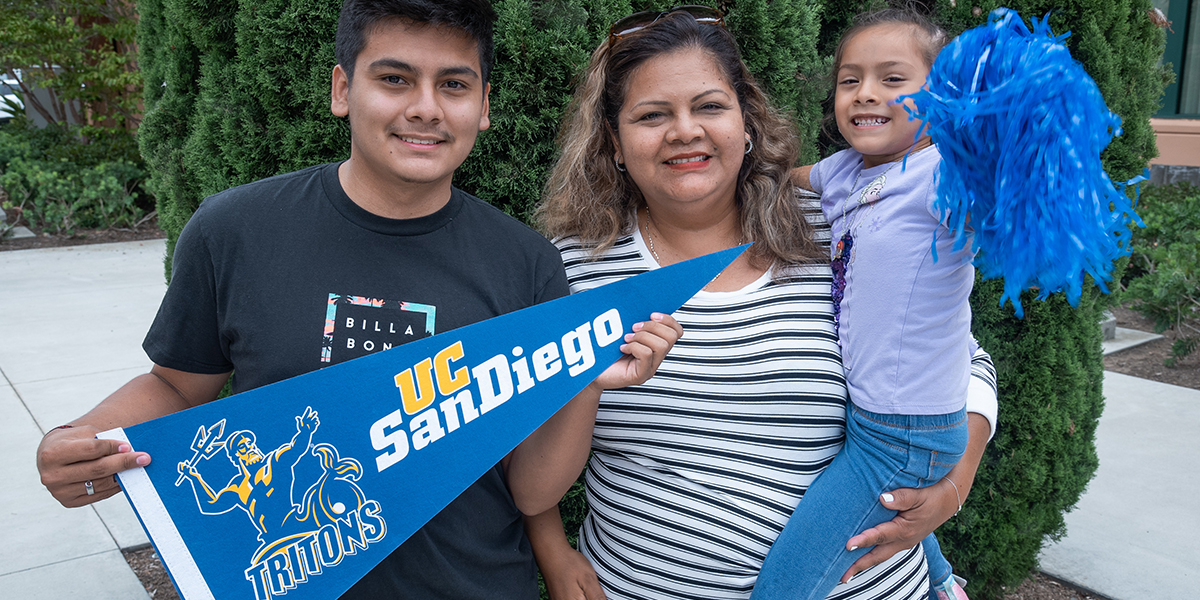Getting into college is just the beginning of any student’s higher education journey.
Many students face the hurdles of paying for their tuition and other expenses associated with a four-year education. If the student comes from a low-income family, they could receive financial aid from the institution or university and apply for scholarships to help with the costs.
Unfortunately, by adding the scholarship to the financial aid package, the amount of aid the student receives from the university can be reduced resulting in less overall aid. This is called scholarship displacement.
Defining Scholarship Displacement
Scholarship displacement is when a student receives a scholarship after their initial financial aid award and their college or university reorganizes their institutional aid package, often leading to a net-zero gain.
It’s estimated that 20% of colleges nationwide reduce institutional grants when a student earns a private scholarship, even if a student still has demonstrated need. Experts say the practice can be a significant barrier to affording college.
Fortunately, starting in the fall of 2023, this practice will be banned in California for low-income students who qualify for a Pell Grant or for state financial aid under the California Dream Act.
Recent California Legislation
Beginning in the 2023 – 2024 academic year, California joins only a handful of states in the country with laws prohibiting scholarship displacement. The new laws, passed by the state legislature in August and signed by Gov. Gavin Newsom, will allow the most vulnerable students to have more freedom in how they use their funds.
Five states have enacted scholarship displacement laws so far and California is only the second in the nation to bar scholarship displacement at both public and private colleges and universities.
This is an important development for low-income students because the cost of higher education goes far beyond tuition.
Why the Law is Important
Costs have rocketed northward in recent years and most colleges use “expense averages” in a particular region for calculating costs for housing, transportation, school materials and supplies.
This can certainly skew the results with the outsized cost of living in California. Even though California leads the nation in the availability of financial aid, non-tuition costs like housing, books, fees, transportation and food can far outweigh the costs of tuition.
That’s why it’s critical that students can receive and keep financial aid from all sources to help afford school.
It’s also important to note that scholarships not only increase access to higher education, but they are also vital for reducing student loan debt after graduation. They reduce the overall cost of a four-year education so that less debt is owed later.
The hope is that the new laws will make sure that the most financially vulnerable students will not lose their essential private scholarship dollars.
Scholarship Funds with San Diego Foundation
Locally, San Diego Foundation is doing all that it can to help award local students scholarship money for college. And now with laws blocking scholarship displacement, those dollars can go further.
Fostering equity of opportunity for students through the Community Scholarships Program is a priority for the San Diego Foundation Strategic Plan.
In 2022, San Diego Foundation awarded a record-breaking $3.5 million in scholarships to 983 local college students. Among the 2022 – 2023 scholarship recipients, 69% are first-generation college students, or the first in their immediate families to pursue higher education, and 93% of students are considered low-income.
Since 1997, the Community Scholarships Program has awarded more than $46 million to more than 12,000 college students from San Diego. San Diego student Victoria Ruiz summed up the significance of being awarded scholarship money for her education.
“As a young Latina looking to pursue a degree in a field that is often under-represented by Hispanics and women, this is truly life-changing,” Ruiz said.
Learn more about the SDF Community Scholarship Program.



